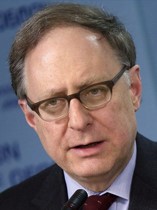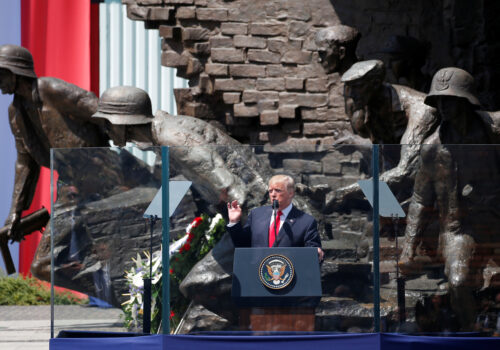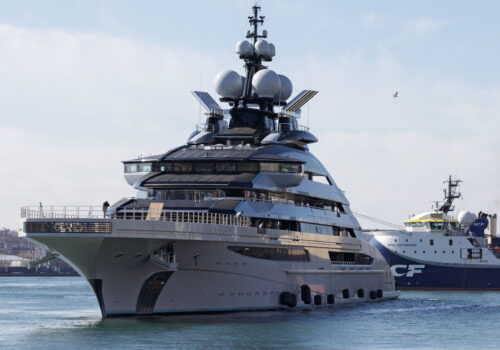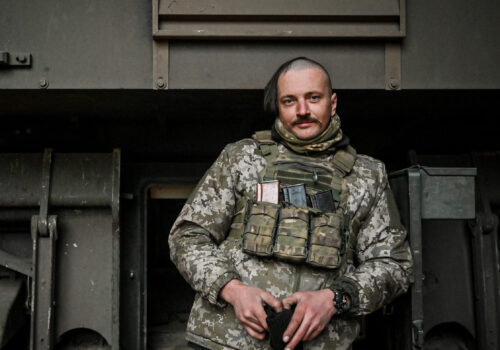The Kremlin’s bellicose rhetoric on Ukraine and NATO has some analysts convinced that Moscow is preparing to launch a major invasion of Ukraine. Other experts see President Vladimir Putin’s aggressive statements and menacing military moves as a ploy to extract concessions from the West. Kyiv does not want more war but will be prepared to defend its territory to the death should the Kremlin decide to renew military aggression against Ukraine.
What might the Kremlin hope to achieve by escalating its invasion? What can the West do to avoid war without selling out its Ukrainian partners to Moscow?
Gen. (Ret.) Wesley Clark, former NATO Supreme Allied Commander Europe, Oleksandr Danyliuk, former secretary of the National Security and Defense Council of Ukraine, Dr. Evelyn Farkas, former US deputy assistant secretary of defense for Russia, Ukraine, & Eurasia, Ambassador John Herbst, senior director of the Atlantic Council’s Eurasia Center, & Dr. Harlan Ullman, senior advisor at the Atlantic Council, join to discuss the prospect of renewed Kremlin aggression in Ukraine and what the West can do now to prevent another invasion. Melinda Haring, deputy director of the Eurasia Center, moderates.
RELATED experts
issue spotlight

Europe in crisis
War in Ukraine
Experts from across the Atlantic Council are assessing the consequences of Russia’s February 2022 invasion, including what it means for Ukraine’s sovereignty, Europe’s security, and the United States’ leadership.

The Eurasia Center’s mission is to promote policies that strengthen stability, democratic values, and prosperity in Eurasia, from Eastern Europe in the West to the Caucasus, Russia, and Central Asia in the East.






